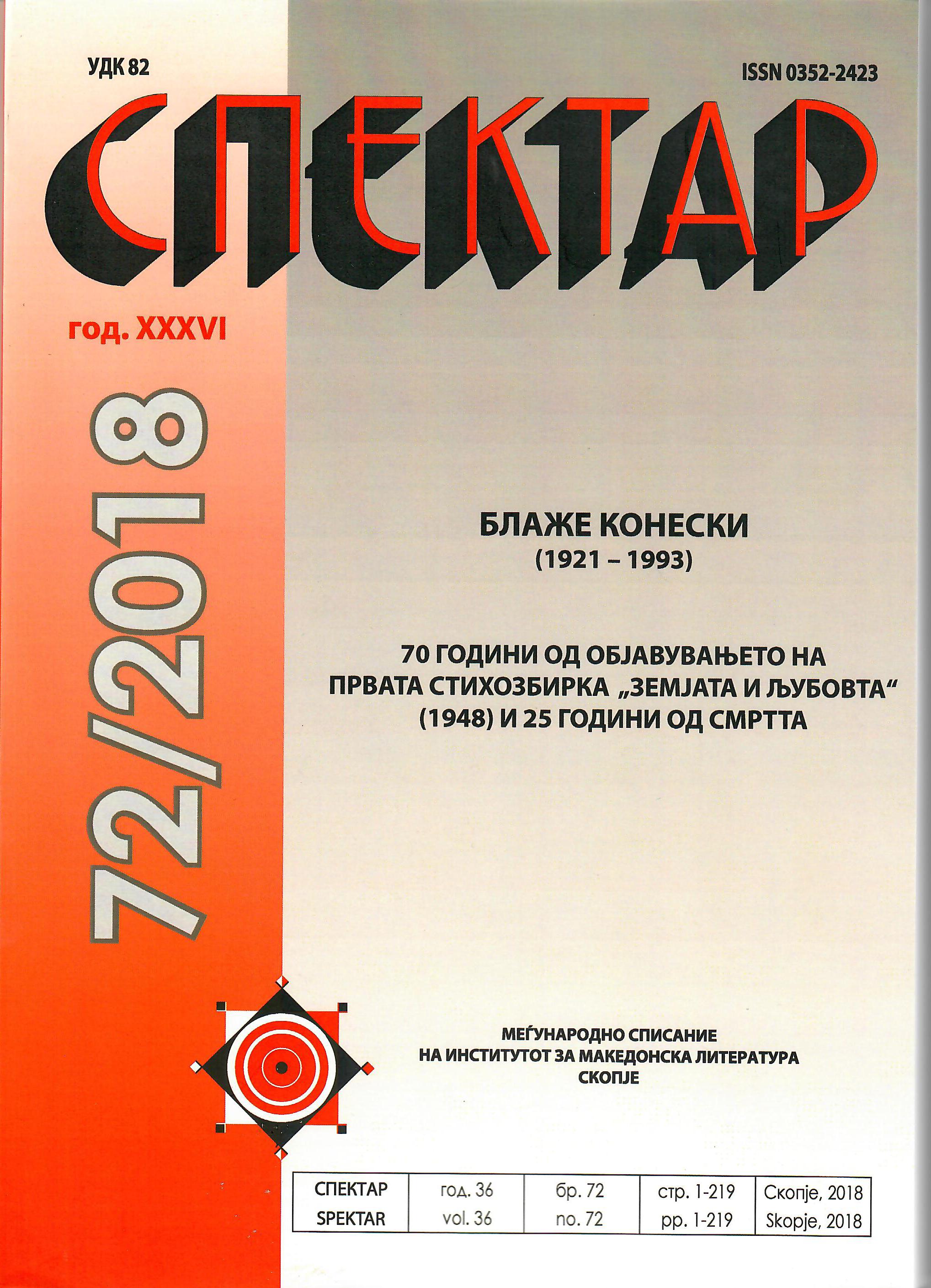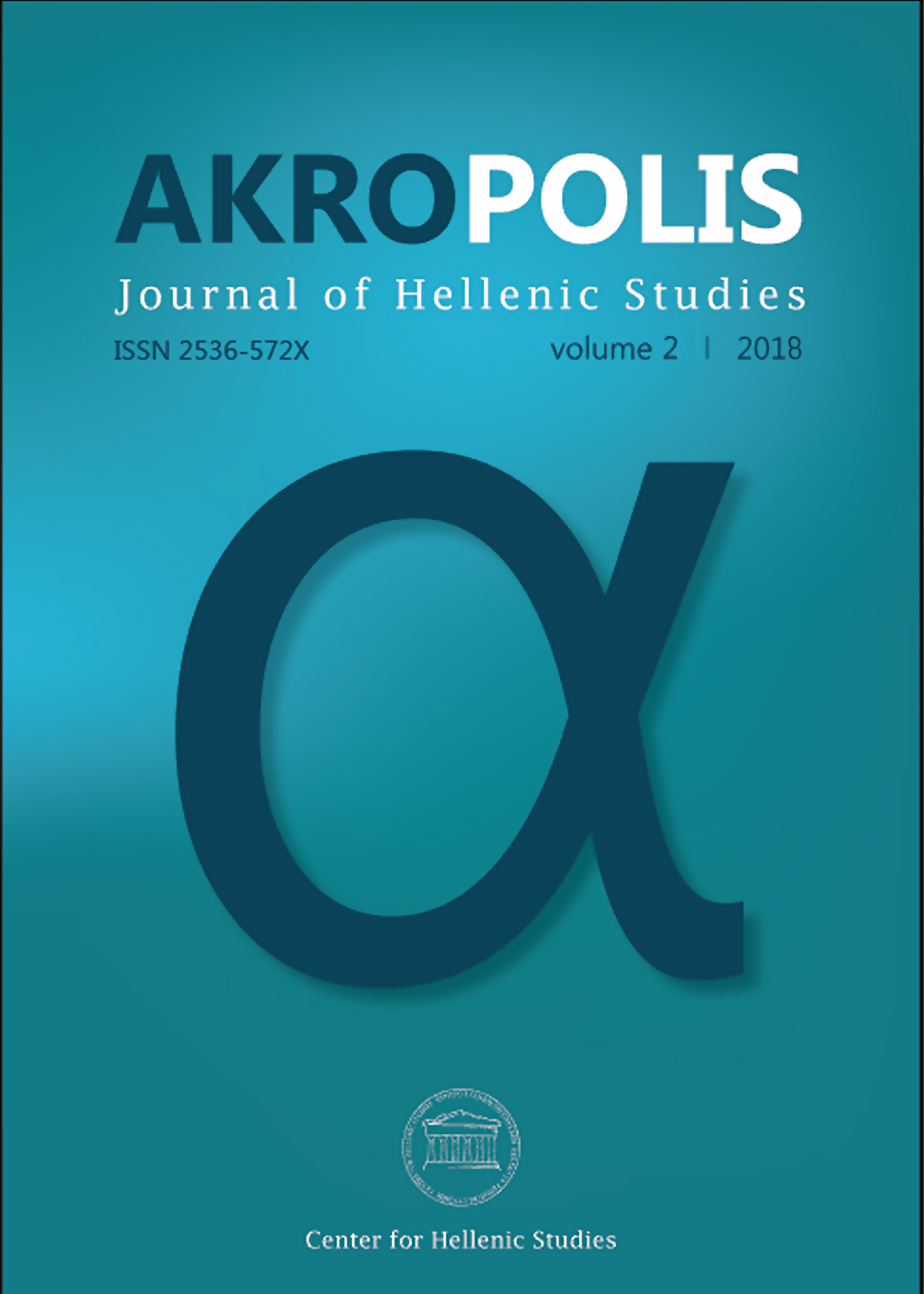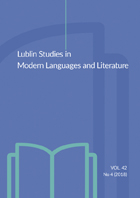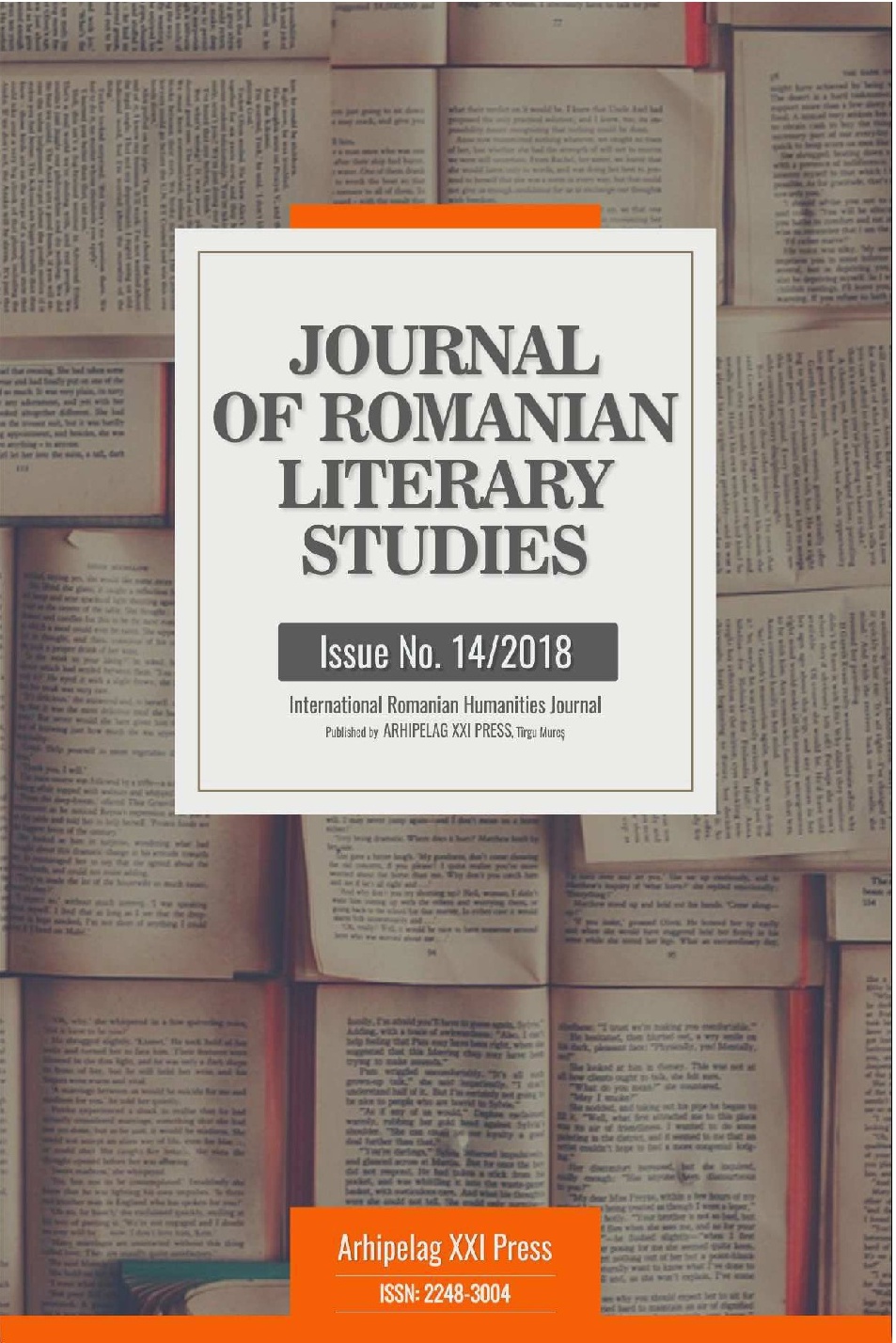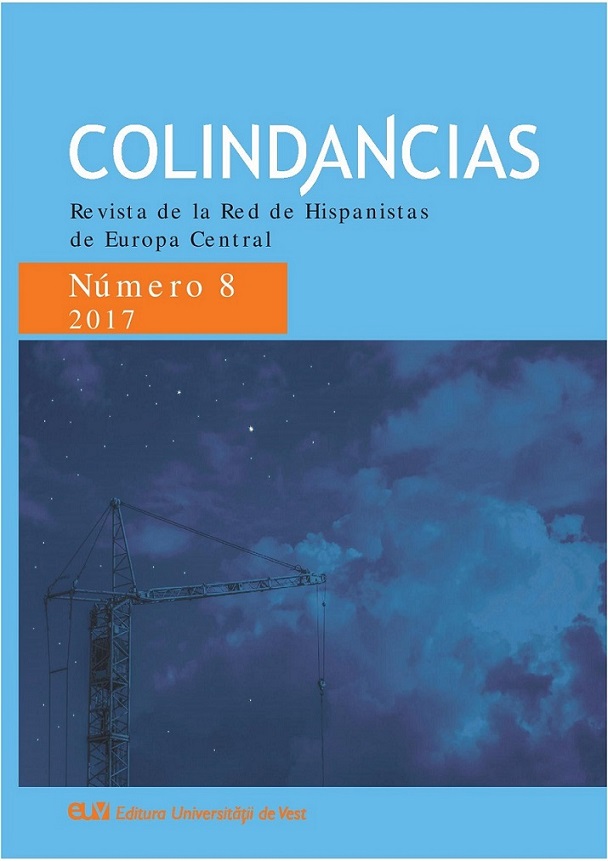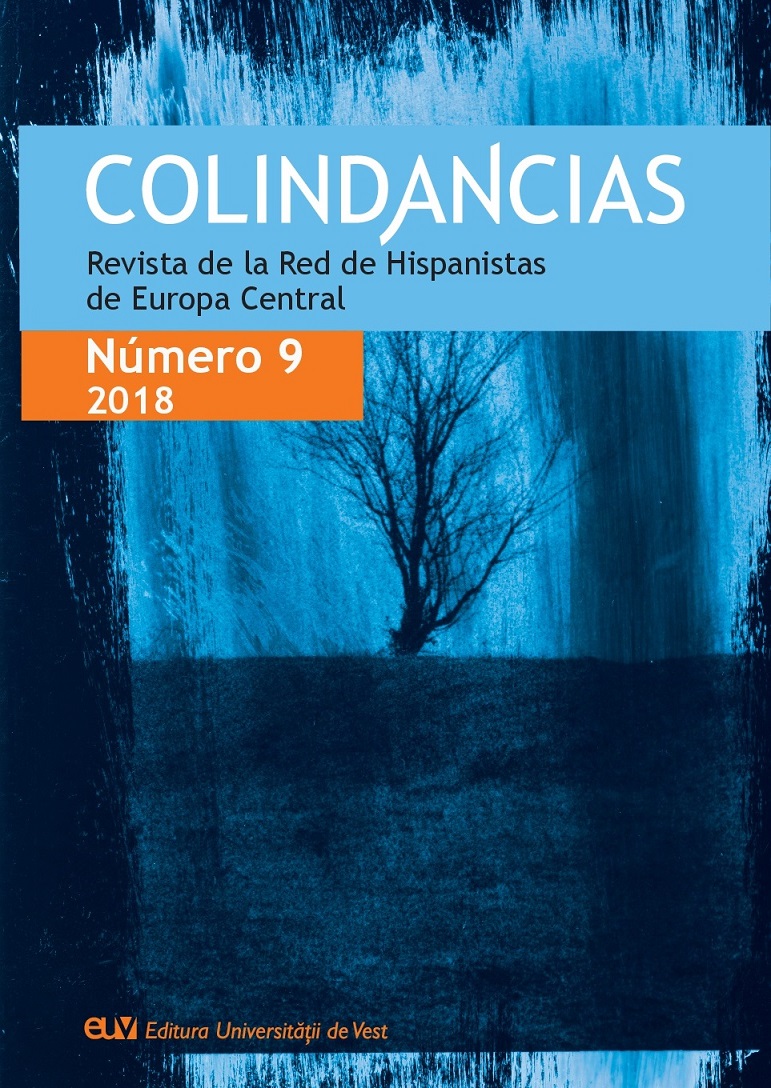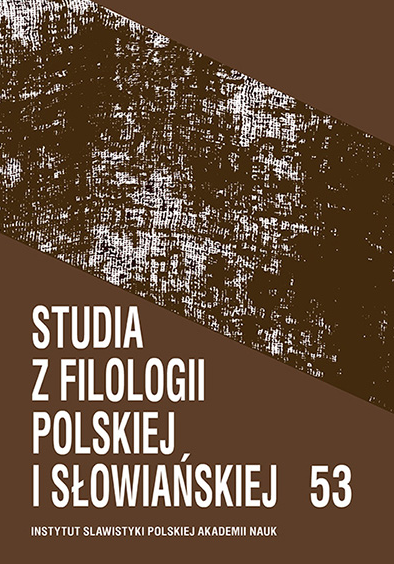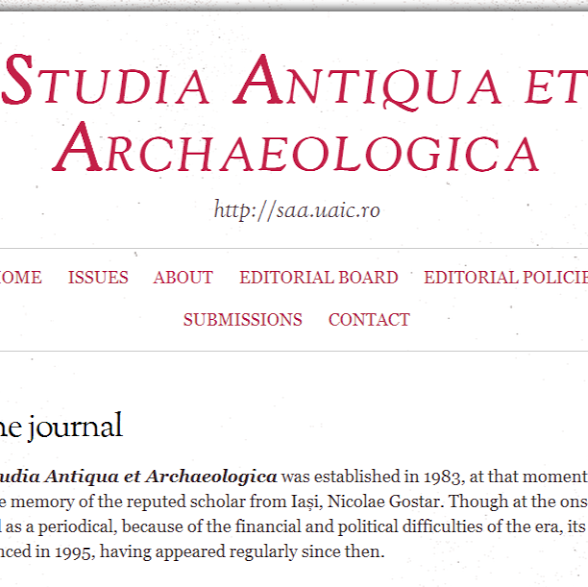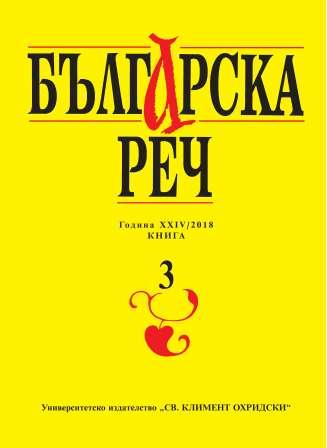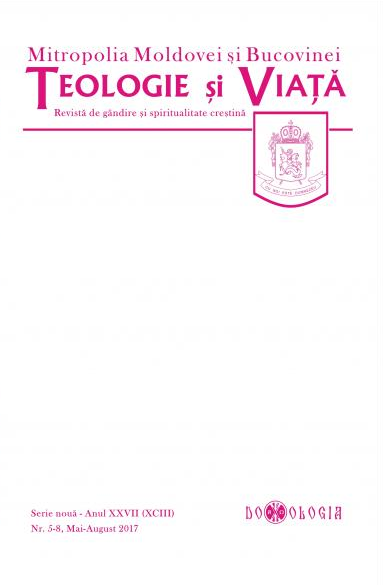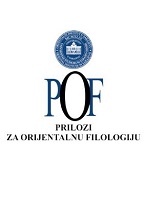Author(s): Arina Bragova / Language(s): English
Issue: 2/2018
The article analyses Cicero’s use of vices (avaritia, crudelitas, audacia, luxuria/luxuries, invidia, superbia, licentia, libido), which form the core of Cicero’s ethical, philosophical, political and juridical conceptual apparatus. Avaritia (“lust for money”) is often combined with libido, crudelitas, audacia and luxuria. It is opposed to the Stoic ethical categories (honestas, fortitudo, diligentia, etc.) and the Roman ethical and political categories (amicitia, imperium, lex, etc.). Crudelitas goes together with the words denoting crimes, vices, tyrants/usurpers or unjust war. Cicero contrasts crudelitas with some ethical categories (virtus, honestas, misericordia, etc.) as well as political and juridical ones (auctoritas, dignitas, lex, etc.). Audacia is used in a positive (“courage”) and negative meanings (“impudence”). In the negative sense it goes together with the words designating crime or atrocity (scelus, crimen, facinus, etc.), other vices or negative emotions (improbitas, libido, impudentia, etc.), or with pecunia (in the meaning of “lust for money”). It is opposed to positive ethical, philosophical, political or juridical categories (dignitas, lex, auctorita, etc.). Luxuria as a vice designates “lust for luxury”. It is combined with other vices (avaritia, licentia, superbia, etc.) and opposed to virtues (egestas, parsimonia). In the meaning of “debauch” or “lechery” it is used with libido, voluptas and cupiditas. It is used in the same context with the semantic fields of idleness (desidia, ignavia, inertia) and crime (scelus, crimen, flagitium). For Cicero, invidia is “hatred” or “envy”, the most common and perpetual vice. It is interchangeable with invidentia. Cicero often links invidia with odium, misericordia, iracundia, obtrectatio, periculum and opposes to gloria. There are different types of invidia: to worthy people, tyrants, rich people. Superbia has a negative meaning of “superciliousness”, as well as a positive one (“pride”). As a vice, it is used in a synonymic series with arrogantia and insolentia, can be combined with crudelitas, contumacia and contumelia, or contrasted with sapientia and liberalitas. Licentia can have a positive meaning of “liberty” (every third example). In most cases, it is a vice (“promiscuity”, “self-will”). In the negative sense it is sometimes synonymous to libertas, goes together with the words denoting crime (scelus, injuria, facinus), with pecunia as a source of profit as well as other vices or negative emotions (voluntas, libido, impunitas, etc.). It is opposed to certain positive categories (judicium, libertas, lex, etc.). Cicero’s antithesis of licentia-servitus means permissiveness of an official opposed to slavery of his subordinates. There are some other antitheses: licentia–libertas, licentia–lex, licentia–gloria. Libido is mostly a political category for Cicero: it is abuse of power of bad rulers (Caesar), tyrants (Tarquin the Proud and his family), governors (Verres), senators (Catiline), judges. It is used together with scelus, crudelitas, audacia, etc., and contrasted with auctoritas, religio, lex, etc. In ethical and philosophical discourse libido means “lust”, “excessive bodily passion”, or “passionate desire” and goes together with flagitium, scelus, avaritia, etc. As a vice, libido is opposed to pudicitia, religio, temperantia, etc. In philosophical reasoning about enjoyment, Cicero uses the term in a neutral sense, referring to libido as a bodily passion opposed to spiritual pleasure.
More...
